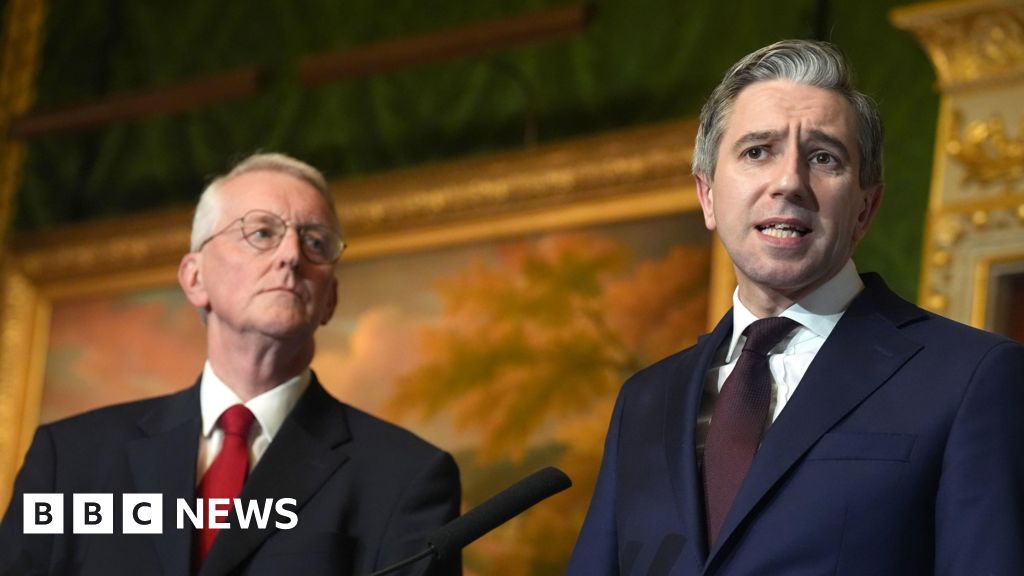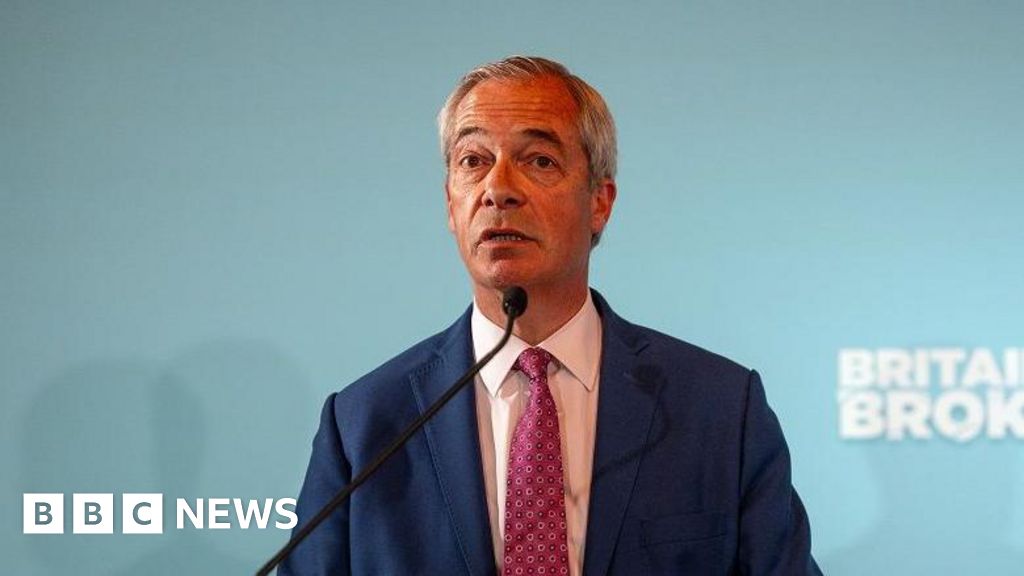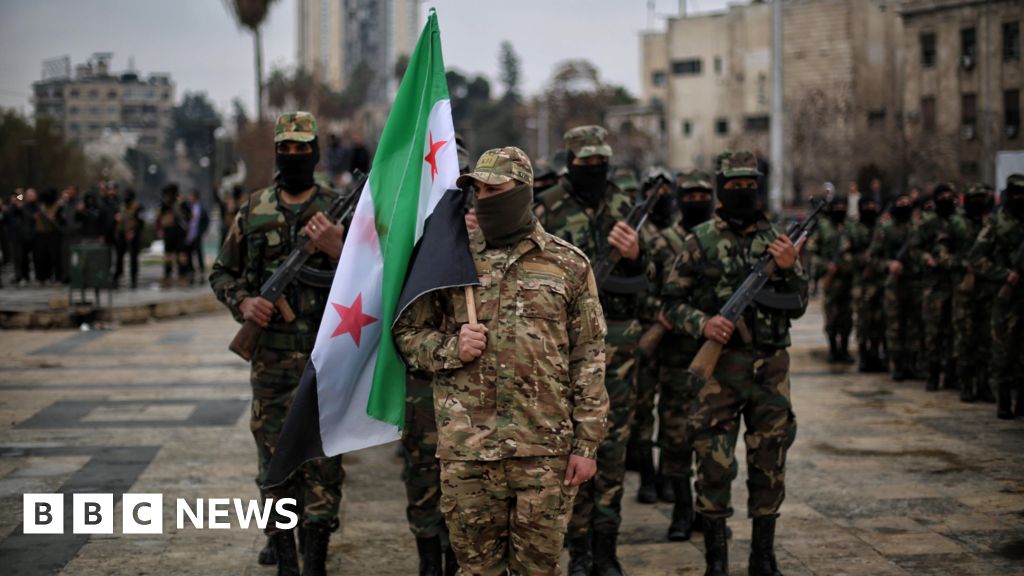ARTICLE AD BOX
Image source, Reuters
Image caption,People fleeing the Russian invasion of Ukraine have been arriving at the Polish border
Prime Minister Boris Johnson says the UK will "continue to bring maximum pressure to bear" on Russia as he prepares to fly to Poland and Estonia.
He said Vladimir Putin would "feel the consequences" for invading Ukraine.
Moscow has blamed comments by UK Foreign Secretary Liz Truss for the Russian president ordering its nuclear forces to be put on high alert.
Air raid sirens were sounded again in the capital overnight, and there were also reports of fierce shelling in the northern city of Chernihiv.
Fighting escalated on Monday, with missiles killing dozens of civilians in Kharkiv, Ukraine's second city.
Mr Johnson is due to meet the leaders of Estonia and Poland to discuss the response to the unfolding humanitarian crisis on Ukraine's border, as well as European security.
He will also speak with Nato Secretary General Jens Stoltenberg and meet British troops serving in Estonia - which shares a border with Russia.
Ahead of the trip, Mr Johnson said: "Alongside all our international allies, the UK will continue to bring maximum pressure to bear on Putin's regime to ensure he feels the consequences of his actions in Ukraine.
"We speak with one voice when we say, Putin must fail."
Image source, Reuters
Image caption,Boris Johnson at RAF Brize Norton in Oxfordshire on Saturday
How best to help Ukrainian refugees may be one subject Mr Johnson will discuss with his Polish counterpart on Tuesday. Poland says it has been trying to process more than 300,000 people who have fled from Ukraine.
The UK government is facing calls to make its visa rules more clear and to match the European Union's offer to accept Ukrainian refugees for up to three years, without asking them to apply for asylum.
Home Secretary Priti Patel said she would not waive the visa requirement for Ukrainians fleeing the conflict, but said the UK would extend visa rules to "immediate family members" to allow Ukrainians to "seek sanctuary" in Britain.
Russia attacks Ukraine: More coverage
In further diplomatic efforts, the foreign secretary will travel to Geneva on Tuesday, where she will address a meeting of the United Nations Human Rights Council (UNHRC).
On Monday, Ms Truss set out further sanctions against Russia, including powers to prevent Russian banks from clearing payments in sterling, freezing the assets of three more Russian banks, and announcing an export ban on "high-end technological equipment".
She said the government would target a "hit list" of Russian oligarchs "focusing on their houses, their yachts and every aspect of their lives".
At the meeting, Ms Truss is expected to say Mr Putin is "violating human rights on an industrial scale" and has been "murdering Ukrainians indiscriminately".
It comes after President Putin ordered Russia's military to put Moscow's nuclear forces on "special alert" because of what Russia called "aggressive statements" by the West.
Kremlin spokesman Dmitry Peskov blamed "unacceptable" remarks about possible "clashes" between Nato and Moscow, including by "the British foreign minister".
Mr Putin's announcement, which has been met with international condemnation, does not mean Russia intends to use its nuclear weapons.
UK Defence Secretary Ben Wallace said the heightened nuclear alert was an attempt by the Kremlin to "distract" from what was "going wrong" with its assault on Ukraine.
Meanwhile, Ukraine's President Volodymyr Zelensky said there were eyewitness accounts of civilians being deliberately targeted in Kharkiv and called the Russian bombardment of the city a "war crime". Russia has previously denied targeting residential areas.
International Criminal Court (ICC) Prosecutor Karim Khan has said he wants to investigate Russia for alleged war crimes, but needs the ICC judges' approval to go ahead.

 3 years ago
26
3 years ago
26








 English (US) ·
English (US) ·